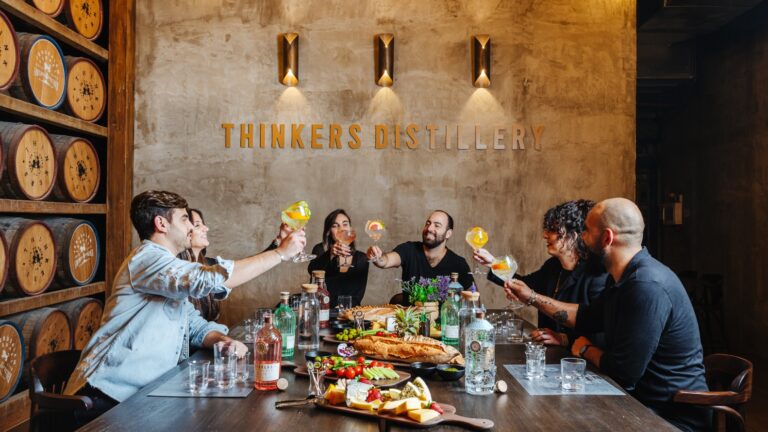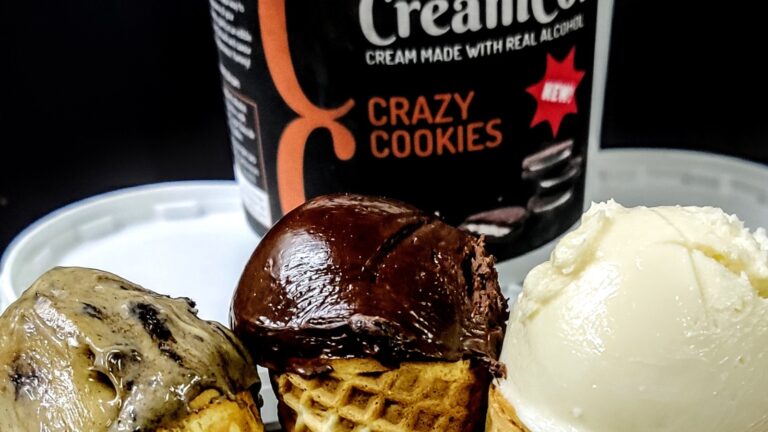If you smoke as a teenager, your likelihood of drinking too much alcohol as an adult goes up. Researchers have known about this link between nicotine and alcohol consumption for a while. But a new study by researchers at Tel Aviv University shows what’s really going on in the brain (of rats, at least).
“Previously, it was believed that the mere consumption of nicotine during adolescence could trigger the use of other drugs — cocaine, heroin and alcohol,” explained Dr. Seggey Barak, who lead the research team at TAU’s School of Psychological Sciences and Sagol School of Neuroscience.
Now the picture is clearer: It’s actually the memory of smoking tobacco as a teen that alters the brain’s reaction to alcohol as an adult. And it doesn’t matter if there’s been a prolonged period of nicotine withdrawal; the research indicates that these nicotine “memories” still lead to a tendency toward heavier drinking later in life.
Nicotine apparently triggers a decrease in the expression of a growth factor called GDNF in the brain’s pleasure center. GDNF regulates alcohol consumption. “We assume that this drop in GDNF following the retrieval of nicotine memories leads to loss of control, thus boosting drinking,” said Barak.
The researchers used rats to test the nicotine-alcohol connection. First they installed a self-serve alcohol dispenser that the rats could operate by pressing a lever. Left on their own, the rats would consume the equivalent of about one to two glasses of wine during a two-hour session.
“The rats eagerly drink alcohol,” commented Yossi Sadot-Sogrin, who contributed to the research.
The researchers then divided the rats into two groups. Group 1 received nicotine during adolescence in one chamber, then drank their alcohol as adults in a different chamber from where they got their nic-fix.
Group 2 received their nicotine as teens and then their alcohol as adults in the same nicotine-associated chamber.
The rats who “smoked” and drank in the same place consumed the equivalent of four glasses of wine “and even more,” said Koral Goltseker, who collaborated on the study. The memory of the nicotine, it seems, was strong enough to evoke the change.
Other than watching rats smoke and drink, what’s the practical result of such testing? “If we can prevent these brain changes, we hope we can prevent the long-term increase in alcohol consumption,” said Barak. “It will also teach us a lot about the brain mechanisms that lead to alcoholism.”
We’d say that’s something to toast to, but not if you’ve got a history of smoking, please.

















